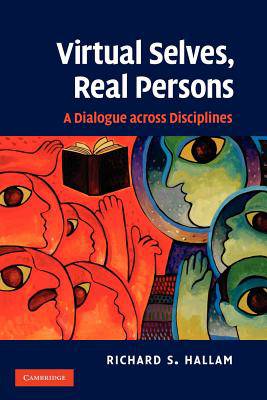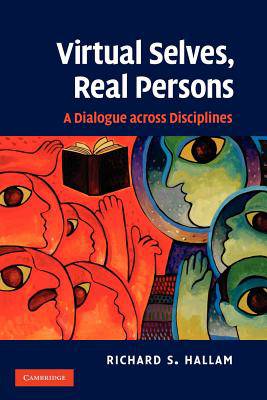
Je cadeautjes zeker op tijd in huis hebben voor de feestdagen? Kom langs in onze winkels en vind het perfecte geschenk!
- Afhalen na 1 uur in een winkel met voorraad
- Gratis thuislevering in België vanaf € 30
- Ruim aanbod met 7 miljoen producten
Je cadeautjes zeker op tijd in huis hebben voor de feestdagen? Kom langs in onze winkels en vind het perfecte geschenk!
- Afhalen na 1 uur in een winkel met voorraad
- Gratis thuislevering in België vanaf € 30
- Ruim aanbod met 7 miljoen producten
Zoeken
€ 64,95
+ 129 punten
Uitvoering
Omschrijving
How do we know and understand who we really are as human beings? The concept of 'the self' is central to many strands of psychology and philosophy. This book tackles the problem of how to define persons and selves and discusses the ways in which different disciplines, such as biology, sociology and philosophy, have dealt with this topic. Richard S. Hallam examines the notion that the idea of the self as some sort of entity is a human construction and, in effect, a virtual reality. At the same time, this virtual self is intimately related to the reality of ourselves as biological organisms. Aiming to integrate a constructionist understanding of self with the universalizing assumptions that are needed in natural science approaches, this text is unique in its attempt to create a dialogue across academic disciplines, while retaining a consistent perspective on the problem of relating nature to culture.
Specificaties
Betrokkenen
- Auteur(s):
- Uitgeverij:
Inhoud
- Aantal bladzijden:
- 348
- Taal:
- Engels
Eigenschappen
- Productcode (EAN):
- 9781107404229
- Verschijningsdatum:
- 19/04/2012
- Uitvoering:
- Paperback
- Formaat:
- Trade paperback (VS)
- Afmetingen:
- 152 mm x 229 mm
- Gewicht:
- 508 g

Alleen bij Standaard Boekhandel
+ 129 punten op je klantenkaart van Standaard Boekhandel
Beoordelingen
We publiceren alleen reviews die voldoen aan de voorwaarden voor reviews. Bekijk onze voorwaarden voor reviews.









